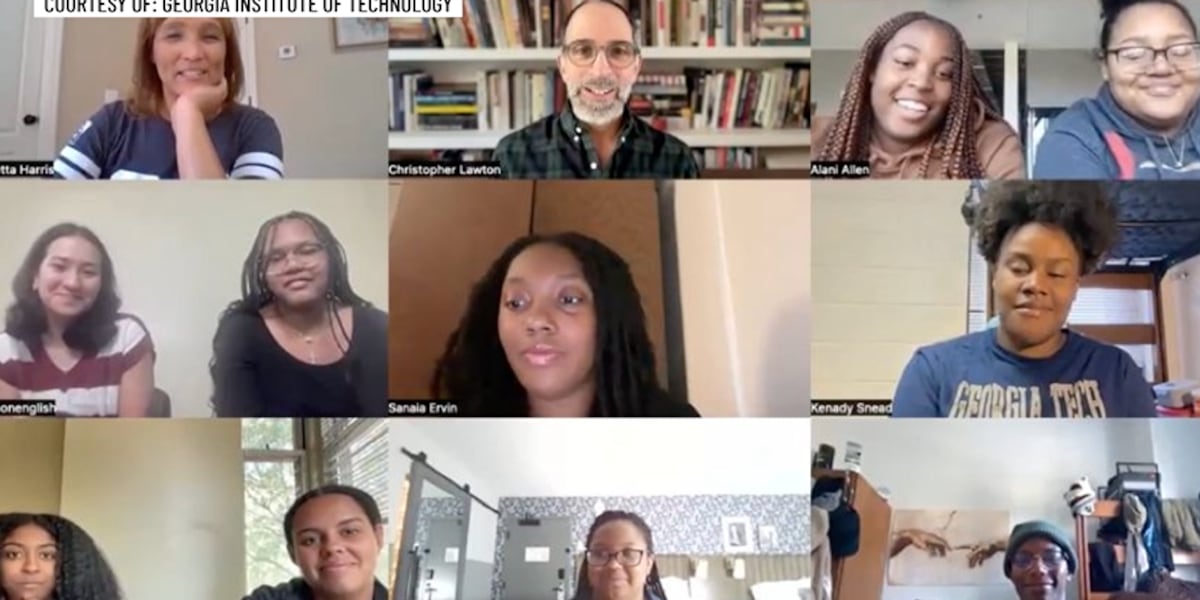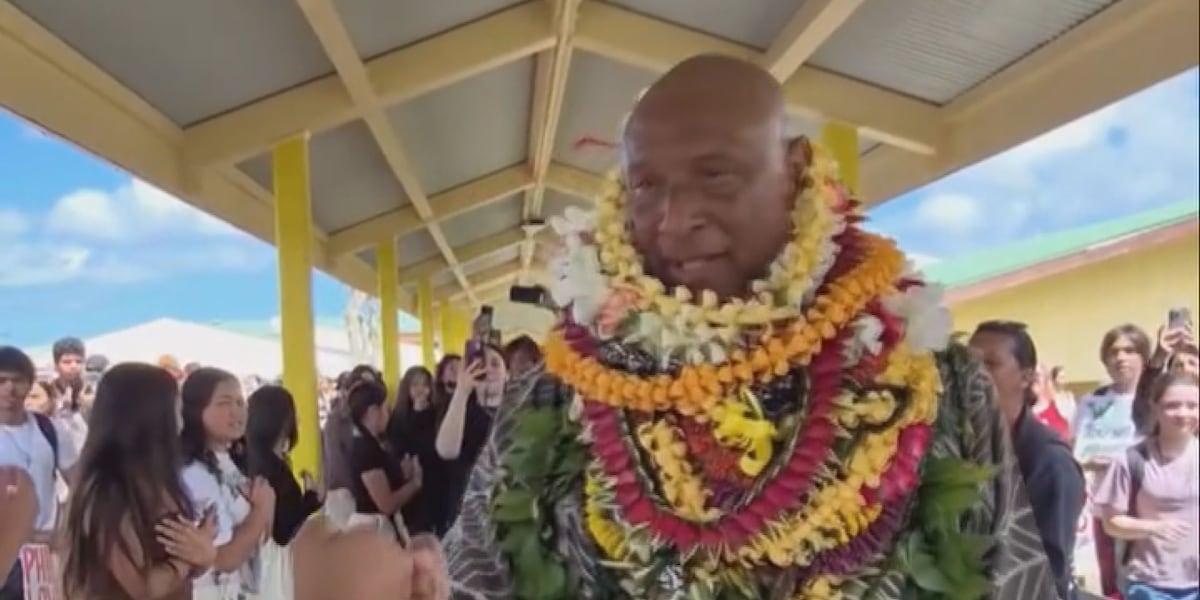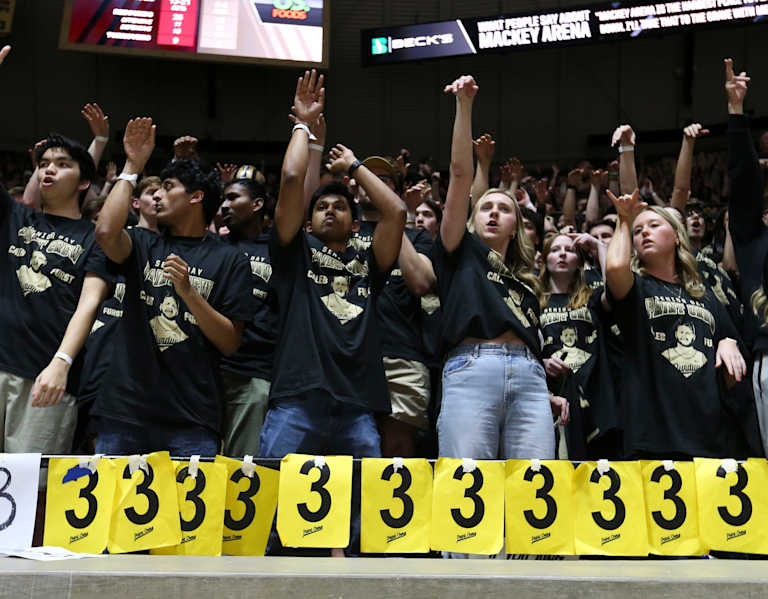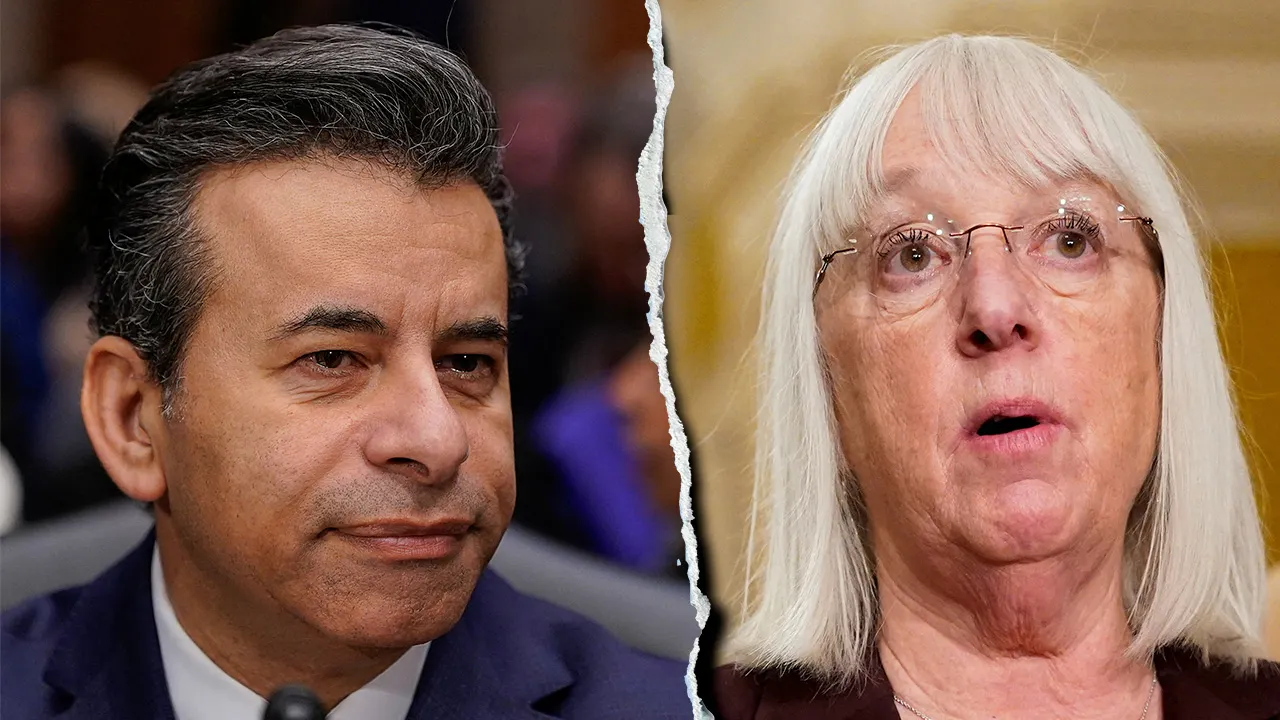Business
Don’t Be So Picky About a Job, China’s College Graduates Are Told

At this year’s commencement ceremony for the Chongqing Metropolitan College of Science and Technology in southwestern China, the graduating class did not receive the usual lofty message to pursue their dreams. Instead, they were dealt a harsh dose of reality.
“You must not aim too high or be picky about work,” said Huang Zongming, the college’s president, to more than 9,000 graduates in June. “The opportunities are fleeting.”
A record number of Chinese college graduates are entering the job market, exacerbating an already bleak employment outlook for the country’s young people. The confluence is deepening one of the most intractable issues keeping the world’s second-largest economy from regaining its vibrancy.
China’s unemployment rate for 16- to 24-year-olds in urban areas hit a record 21.3 percent in June. The numbers for July are expected to be even higher as the next wave of graduates officially transitions from students to job seekers.
Government policymakers struggling to address the problem are now leaning on colleges to do more to find jobs for graduates. The job performance of school administrators was already tied to the percentage of their students who find employment after graduation. Now top school officials are being encouraged to visit companies to unearth opportunities. In some cases, the scrutiny is so intense that students resort to fabricating job offers to placate school officials.
Over the last three decades, as China’s economy grew by leaps and bounds, more people attended college, seeing it as a pathway to promising careers. The number of students enrolling in colleges and universities increased to 10.1 million in 2022 from 754,000 in 1992, according to the National Bureau of Statistics.
This year’s estimated graduating class of 11.6 million students is expected to be the largest ever, and future classes are expected to be even bigger. At the same time, the economy is not growing like it once did.
The problem of youth unemployment may not abate for a decade, carrying potentially bigger ramifications for the country’s leadership, said a June report from the China Macroeconomy Forum, a think tank with Renmin University of China.
“If it is not handled properly, it will cause other social problems beyond the economy, and it could even ignite the fuse of political problems,” the report said.
China’s youth unemployment rate has doubled in the last four years, a period of economic volatility induced by Beijing’s “zero Covid” measures that left companies wary of hiring.
In addition, government crackdowns and tighter supervision have subdued once-vibrant industries such as online education, technology and real estate — fields young people had flocked to for jobs.
Starting in 2020, Alibaba, one of China’s biggest technology companies, was a target of government scrutiny. Last year, the company reduced its employee head count by about 11,700, or about 5 percent of its work force, according to a report released by the Chinese Academy of Social Sciences, a body that works under China’s State Council.
And as more young people pursued higher education, there has been a mismatch in the jobs they want versus what is available. China’s economy has not created enough of the high-paying white-collar jobs that many college graduates are seeking, intensifying competition for the most appealing roles.
After economic growth slowed significantly in the second quarter, Beijing released a 31-point package of policy initiatives and support measures in July encouraging private companies to add jobs.
In a May report about China’s youth unemployment, Goldman Sachs said young people were especially vulnerable to losing their jobs or not getting hired in economic downturns because they have less work experience.
In June, China’s Ministry of Education told schools and local officials to help graduates find jobs “with a sense of duty and urgency,” citing the concern of the Communist Party and the government’s top leaders.
The ministry also told Communist Party officials and school administrators that they should visit companies to seek out job openings for students in majors with low employment rates. In Hunan Province, the education department recently issued a notice that requires schools to submit an explanation if more than 20 percent of graduates find part-time or freelance work instead of a full-time job. Sichuan Province said its colleges would consider canceling majors with a low employment rate for two straight years.
Increasingly, the message being handed down to young people is that they should not be too selective in picking a job and that enduring tough times builds character. Xi Jinping, the country’s top leader, said young people should strive to work in difficult and remote areas and learn to “eat bitterness,” a Chinese expression that means to endure hardship. But even becoming an entry-level civil servant is more challenging these days, with vastly more people taking the entrance examination than jobs available.
College administrators are feeling the pressure to fulfill the employment mandates from government.
“The superiors press the schools, and the schools just press the staff,” said Emma Zhu, a career counselor at a college in Zhejiang Province.
Stella Xu, who works as a career counselor at a college in Hubei Province, said her boss handed out rankings of each counselors’ employment rates and asked them to provide updates on job placements at every monthly meeting.
“You place an invisible pressure on yourself,” said Ms. Xu, who said she had a “pretty good” employment rate after advising more than 250 graduates this year. “It would look bad if you’re too far behind others.”
Ms. Xu said that when she visited companies, she tried to persuade employers to take more graduates than they were seeking. She said she prodded her students to secure job offers quickly and told them that they must turn in job offer agreements to the school by graduation day.
“I’m just very uneasy every day about why some students haven’t been employed,” she said.
As the pressure campaign on colleges intensifies, students and administrators are turning to extreme measures.
For $17 on Taobao, a Chinese e-commerce site, a vendor is selling fabricated employment offers from a manufacturing firm affixed with a company seal and registration number. Along with providing the document, the vendor will also respond to confirmation calls from the school or a local education department.
Jessamine Wang, 23, who majored in financial management at a university in Chengdu, in southwestern China, decided to take the civil service exam after applying unsuccessfully for more than 100 jobs. Her career counselor urged her to turn in a fake job offer from a company anyway, and threatened to undermine her government job prospects if she didn’t. Ms. Wang said she refused.
Lucia Xu, 22, gave her career counselor a fake job offer with a construction company where a family friend worked. She is planning to take graduate school exams this winter and won’t be looking for a job while she studies for the tests.
“If you don’t sign one, they will hassle you more and more frequently. The closer it gets to graduation, the harder they press,” Ms. Xu said.

Business
Help! I Couldn’t Take My Tall-Ship Voyage, and I Want My Money Back.

Dear Tripped Up,
Last summer, I booked a five-day sailing trip with Tall Ship Experience, a company based in Spain. For 1,350 euros, or $1,450, I would be a volunteer on the crew of the Atlantis, sailing between two ports in Italy. But eight days before, I had a bad fall that resulted in multiple injuries, including eight stitches to my face that doctors said I could not expose to sun or water. The Tall Ship Experience website clearly states that I could cancel for a full refund up to seven days before the trip. But the company revealed it was just an intermediary and the Dutch organization actually running the trip, Tallship Company, had different rules, under which I was refunded 10 percent. I offered to take credit for a future trip, to no avail. Finally, I disputed the charges with my credit card issuer, American Express. But Tall Ship Experience provided a completely different set of terms to Amex, saying I canceled one day in advance. The charges were reinstated. Can you help? Martha, Los Angeles
Dear Martha,
This story reads like a greatest-hits playlist of travel industry traps: a middleman shirking responsibility, terms and conditions run amok, a credit card chargeback gone wrong, and the maddening barriers to pursuing justice against a foreign company. However, the documentation you sent was so complete and the company’s website so confusing that I was sure Tall Ship Experience would quickly refund you.
Tallship Company did not respond to requests for comments, but did nothing wrong. It simply followed its own terms and conditions that Tall Ship Experience, as a middleman, should have made clear to you. When you canceled, Tallship Company sent back a 10 percent refund to Tall Ship Experience to then send to you.
That’s why I was surprised that the stubborn (though exceedingly polite) Tall Ship Experience spokeswoman who responded to me on behalf of the Seville-based organization argued repeatedly that although she regretted your disappointment, Tall Ship Experience was not at fault. At one point she suggested you should have purchased travel insurance, even as the company scrambled to adjust and update its website as we emailed.
Before the changes, the site contained two distinct and contradictory sets of terms and conditions: one for customers who purchased via the website’s English and French versions, and another on the Spanish version. (Confusingly, both documents were in Spanish.)
The English/French version — the one you had seen — promised customers a full refund for trips canceled more than seven days in advance. The Spanish one is vastly more complex, offering distinct cancellation terms for each ship. The Atlantis offered customers in your situation only 10 percent back.
Enter the stubborn spokeswoman: “The terms and conditions in Spanish correctly reflected the cancellation policy of the ship in the moment the client made the reservation,” she wrote via email. “We are conscious that at the time, the English version of the terms was not updated, which may have generated confusion. However, the official terms of the reservation were applied correctly.”
In other words, customers should somehow know to ignore one contract and seek out another on a different part of the site, both in a language they may not read.
But I am no expert in Spanish consumer law, so I got in touch with two people who are: Marta Valls Sierra, head of the consumer rights practice at Marimón Abogados, a law firm based in Barcelona; and Fernando Peña López, a professor at the Universidade da Coruña in A Coruña.
They examined the documentation and each concluded independently that Tall Ship Experience had violated basic Spanish consumer statutes. When I passed along their convincing points to the spokeswoman and alerted her that you were considering taking the company to Spanish small-claims court, she finally said it would refund you the remaining €1,215.
I felt a bit sheepish about exerting so much pressure on this small company — actually, an arm of the nonprofit Nao Victoria Foundation, which operates several replicas of historic ships — but the company should have taken much more care when it set up its website, Ms. Valls Sierra told me.
“If in your terms and conditions you say that up until seven days before departure you have the right to cancel,” she said in an interview, “and a consumer comes and says, ‘I want to cancel,’ you have to cancel their trip and return their money. They can’t use ‘Sorry, we forgot to put it on one web page, but we put it on another web page’ as an excuse.”
It is a principle of consumer law, she added, that confusing or contradictory contracts are interpreted in favor of the consumer.
The other troubling issue with the website is that you had no way of knowing that your trip was not operated by Tall Ship Experience. There was no such mention I could find on the website, which relies on marketing copy like this: “On board you will learn everything you need to know that will allow you to become one of our crew.”
Dr. Peña López, the law professor, wrote me in an email that “Tall Ship Experience is obligated to inform the consumer about the service it provides in an accessible and understandable manner, clearly indicating whether it is an intermediary.” He added that Tall Ship Experience “clearly” presented itself as the ship’s operator in this case.
As I mentioned, Tall Ship Experience did begin updating its site almost as soon as I got in touch, calling itself a “marketplace” for experiences and posting the correct terms and conditions (in the correct languages) on its English and French pages.
But Tall Ship Experience agreed to a refund only after I sent the company a compilation of the two experts’ legal analyses. “We are dedicated to creating experiences aboard unique boats, and not to legal matters,” came the spokeswoman’s response. “Regardless of which party is correct in this case, we would like to refund the full amount. We look forward to putting this to rest and to focus on continuing to improve customer experiences.”
You also said that American Express had let you down, by taking the company’s word over yours when you contested the charge. It is true that the document Tall Ship Experience sent to Amex (which forwarded it to you, who forwarded it to me), is wildly inaccurate, including only the terms favorable to the company and saying you canceled only one day in advance.
A spokeswoman for American Express emailed me a statement saying that the company “takes into account both the card member and the merchant perspectives.” But travelers should not mistake credit card issuers for crack investigators who will leave no stone unturned in pursuit of travel justice. A chargeback request works best when the problem is straightforward — you were charged more than you agreed to pay, or you never agreed to pay at all. Asking your card issuer to do a deep dive into terms and conditions is a much longer shot.
And as we’ve seen before (and might be seeing in this case) such chargeback requests often anger the companies involved to the point that they refuse to deal with you further.
If all else had failed, as I told you before the company gave in, you could have requested a “juicio verbal,” Spain’s version of a small-claims-court proceeding, via videoconference. It would not have been easy, said Dr. Peña López. Cases under €2,000 do not require a lawyer, but they do require you to have a Foreigner Identification Number, to fill out forms in legal Spanish (A.I. might help) and to find an interpreter to be by your side.
When I finally told you — in our 39th email! — you’d get a refund, you told me you had been “almost looking forward to a Spanish small-claims experience.” I admire your spirit, although I suspect it would have been quickly broken by bureaucratic and linguistic barriers.
If you need advice about a best-laid travel plan that went awry, send an email to TrippedUp@nytimes.com.
Follow New York Times Travel on Instagram and sign up for our Travel Dispatch newsletter to get expert tips on traveling smarter and inspiration for your next vacation. Dreaming up a future getaway or just armchair traveling? Check out our 52 Places to Go in 2025.
Business
In dizzying reversal, Trump pauses tariffs on most Mexican products

MEXICO CITY — In a dizzying turn, President Trump said Thursday that the U.S. would temporarily reverse the sweeping tariffs it imposed just days ago on most Mexican products.
In a post on Truth Social, Trump said he would delay for one month the imposition of 25% taxes on Mexican imports that fall under a free trade agreement that he negotiated during his last term.
His remarks follow comments from U.S. Commerce Secretary Howard Lutnick, who on Thursday said in a television interview that Trump was “likely” to temporarily suspend 25% tariffs on Canada and Mexico for most products and services, widening an exemption that was granted Wednesday only to vehicles.
Lutnick told CNBC that the one-month delay in the import taxes “will likely cover all USMCA-compliant goods and services,” a reference to the U.S.-Mexico-Canada trade agreement, the North America free trade pact Trump negotiated in his last term. Lutnick said around half of what the U.S. imports from Mexico and Canada would be eligible.
Lutnick said the reprieve will last only until April 2, when the Trump administration has said it will impose reciprocal tariffs on countries to match the ones they have on U.S. exports. Later, he said that if Canada and Mexico don’t do enough to stop fentanyl from entering the United States, the 25% tariffs could be reapplied in a month as well.
On Tuesday, the U.S. began placing duties of 25% on imported goods from Mexico and Canada, with a 10% rate on Canadian energy products. It also began imposing a new 10% tax on all imports from China.
Trump has said the tariffs are punishment because the three countries haven’t done enough to stop the flow of immigrants without proper documentation and drugs into the United States — and are an attempt to lure manufacturing back to the United States.
China and Canada responded forcefully, both imposing retaliatory tariffs on U.S. goods. Mexican President Claudia Sheinbaum had said that Mexico would also respond with counter tariffs, and had planned to announce them Sunday at a public rally in Mexico City’s central square.
In Canada, Prime Minister Justin Trudeau said he welcomed news that the U.S. would delay, but said Canada’s imposition of retaliatory tariffs will remain in place for now. “We will not be backing down from our response tariffs until such a time as the unjustified American tariffs [on] Canadian goods are lifted,” he said.
Trudeau told reporters that the U.S. and Canada are “actively engaged in ongoing conversations in trying to make sure these tariffs don’t overly harm” certain sectors and workers.
Business
Trump’s Cuts to Federal Work Force Push Out Young Employees

About six months ago, Alex Brunet, a recent Northwestern University graduate, moved to Washington and started a new job at the Consumer Financial Protection Bureau as an honors paralegal. It was fitting for Mr. Brunet, 23, who said he had wanted to work in public service for as long as he could remember and help “craft an economy that works better for everyone.”
But about 15 minutes before he was going to head to dinner with his girlfriend on the night before Valentine’s Day, an email landed in his inbox informing him that he would be terminated by the end of the day — making him one of many young workers who have been caught up in the Trump administration’s rapid wave of firings.
“It’s discouraging to all of us,” Mr. Brunet said. “We’ve lost, for now at least, the opportunity to do something that matters.”
Among the federal workers whose careers and lives have been upended in recent weeks are those who represent the next generation of civil servants and are now wrestling with whether they can even consider a future in public service.
The Trump administration’s moves to reduce the size of the bureaucracy have had an outsize impact on these early career workers. Many of them were probationary employees who were in their roles for less than one or two years, and were among the first to be targeted for termination. The administration also ended the Presidential Management Fellows Program, a prestigious two-year training program for recent graduates interested in civil service, and canceled entry-level job offers.
The firings of young people across the government could have a long-term effect on the ability to replenish the bureaucracy with those who have cutting-edge skills and knowledge, experts warn. Donald F. Kettl, a former dean in the School of Public Policy at the University of Maryland, says that young workers bring skills “the government needs” in fields like information technology, medicine and environmental protection.
“What I am very afraid of is that we will lose an entire generation of younger workers who are either highly trained or would have been highly trained and equipped to help the government,” Mr. Kettl said. “The implications are huge.”
The administration’s downsizing could have a lasting impact, deterring young workers from joining the ranks of the federal government for years, Mr. Kettl said.
About 34 percent of federal workers who have been in their roles for less than a year are under the age of 30, according to data from the Office of Personnel Management. The largest single category of federal workers with less than a year of service are 25- to 29-year-olds.
The federal government already has an “underlying problem” recruiting and retaining young workers, said Max Stier, the president of the Partnership for Public Service. Only about 9 percent of the 2.3 million federal workers are under the age of 30.
“They’re going after what may be easiest to get rid of rather than what is actually going to make our government more efficient,” Mr. Stier said.
Trump administration officials and the billionaire Elon Musk, whom the president has tasked with shrinking the federal government, have defended their efforts to cut the work force.
“President Trump returned to Washington with a mandate from the American people to bring about unprecedented change in our federal government to uproot waste, fraud and abuse,” Harrison Fields, a White House spokesman, said in a statement.
Mr. Trump has vowed to make large-scale reductions to the work force, swiftly pushing through drastic changes that have hit some roadblocks in court.
Last week, a federal judge determined that directives sent to agencies by the Office of Personnel Management calling for probationary employees to be terminated were illegal, and the agency has since revised its guidance. Still it is unclear how many workers could be reinstated.
The abrupt firings that have played out across the government so far came as a shock to young employees.
They described being sent curt messages about their terminations that cited claims about their performance they said were unjustified. There was a frantic scramble to download performance reviews and tax documents before they were locked out of systems. Some said they had to notify their direct supervisors themselves that they had just been fired.
On the morning of Feb. 17, Alexander Hymowitz sat down to check his email when he saw a message that arrived in his inbox at 9:45 p.m. the night before. An attached letter said that he had not yet finished his trial period and was being terminated from his position as a presidential management fellow at the Agriculture Department. It also said that the agency determined, based on his performance, that he had not demonstrated that his “further employment at the agency would be in the public interest.”
Mr. Hymowitz, 29, said he was dumbfounded. “My initial thought was, obviously something is wrong,” he said. “How could I get terminated for performance when I’ve never had a performance review?”
Mr. Hymowitz, who had worked on antitrust cases and investigations in the poultry and cattle markets for about six months, said he was not given many further instructions. The next day, he decided to walk into the office and drop off his work equipment. “I just assumed that’s what people do when they get fired,” he said.
Around 8 p.m. on Feb. 11, Nicole Cabañez, an honors attorney at the Consumer Financial Protection Bureau, found out that she had been terminated after she realized she could not log into her work laptop. Ms. Cabañez, 30, worked in the agency’s enforcement division for about four months, investigating companies that violated consumer financial laws.
“I was prepared to help make the world better,” Ms. Cabañez said. “It’s honestly very disappointing that I never got that chance.”
During her first year at Yale Law School, Ms. Cabañez said she originally planned to work at a large law firm, where she would have defended companies and made a lucrative income after graduation. But she said she wanted to work in public service to help people get relief through the legal system.
Ms. Cabañez said she was now applying for jobs with nonprofits, public interest law firms and local governments. But she said she worried that the job market, especially in Washington, would be “flooded with public servants.” She said she could not file for unemployment benefits for three weeks because her agency had not sent her all of the necessary documents until recently.
The impacts have stretched beyond Washington, reaching federal workers across the country, including in Republican-led states.
At 3:55 p.m. on Feb. 13, Ashlyn Naylor, a permanent seasonal technician for the U.S. Forest Service in Chatsworth, Ga., received a call from one of her supervisors who informed her that she would be fired after working there for about nine months. Ms. Naylor said she initially wanted to stay at the agency for the rest of her career.
“It was where I have wanted to be for so long, and it was everything that I expected it to be from Day 1,” Ms. Naylor said.
Ms. Naylor, 24, said she felt a mixture of anger and disbelief. She said her performance evaluations showed she was an “excellent worker,” and she did not understand why she was fired. Although she said she was devastated to lose her job, which primarily involved clearing walking trails in the Chattahoochee-Oconee National Forest, she was not sure if she would return to the agency in the future.
“It would be really hard to trust the federal government if I were to go back,” Ms. Naylor said. She said she was considering enrolling in trade school and possibly becoming a welder since she is still “young enough” to easily change her career.
Although some said their experiences have discouraged them from pursuing jobs with the federal government again, some said they were intent on returning.
Jesus Murillo, 27, was fired on Valentine’s Day after about a year and a half working as a presidential management fellow at the Department of Housing and Urban Development, where he helped manage billions of dollars in economic development grants. After standing in countless food bank lines and working in fields picking walnuts to help his family earn additional income growing up, Mr. Murillo said he wanted to work in public service to aid the lowest income earners.
“I’ve put so much into this because I want to be a public leader to now figure out that my government tells me that my job is useless,” Mr. Murillo said. “I think that was just a smack in the face.”
Still, he said he would work for the federal government again.
“For us, it’s not a partisan thing,” Mr. Murillo said. “We’re there to carry out the mission, which is to be of service to the American public.”
-

 Sports1 week ago
Sports1 week agoNHL trade board 7.0: The 4 Nations break is over, and things are about to get real
-

 News1 week ago
News1 week agoJustice Dept. Takes Broad View of Trump’s Jan. 6 Pardons
-

 World1 week ago
World1 week agoHamas says deal reached with Israel to release more than 600 Palestinians
-

 Science1 week ago
Science1 week agoKilling 166 million birds hasn’t helped poultry farmers stop H5N1. Is there a better way?
-

 News1 week ago
News1 week agoChristianity’s Decline in U.S. Appears to Have Halted, Major Study Shows
-
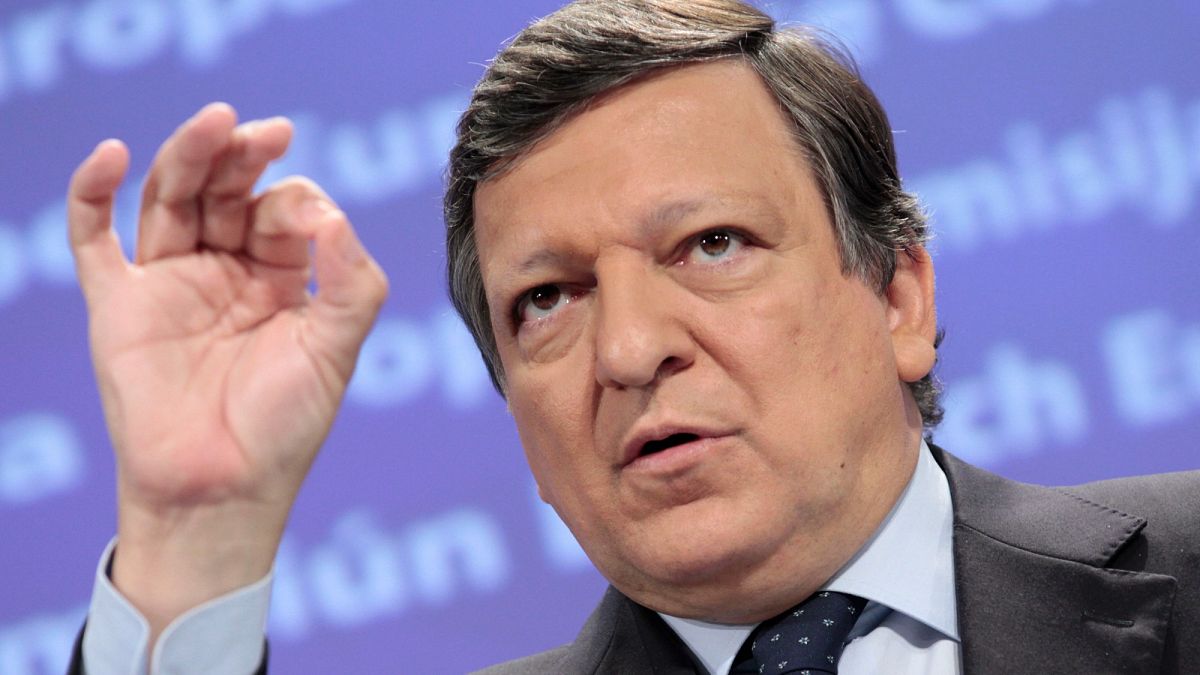
 World1 week ago
World1 week agoGermany's Merz ‘resolute and determined,' former EU chief Barroso says
-

 Technology1 week ago
Technology1 week agoMicrosoft makes Copilot Voice and Think Deeper free with unlimited use
-

 Politics1 week ago
Politics1 week agoSome Republicans Sharply Criticize Trump’s Embrace of Russia at the U.N.

